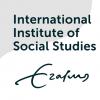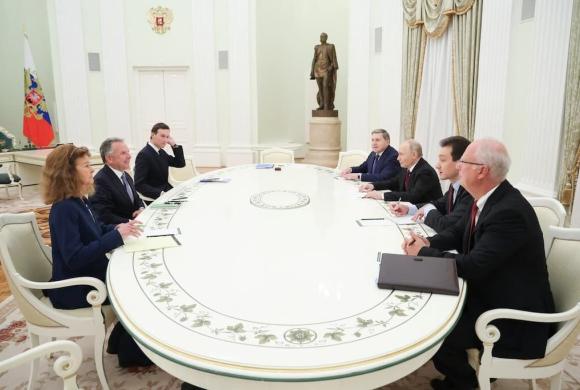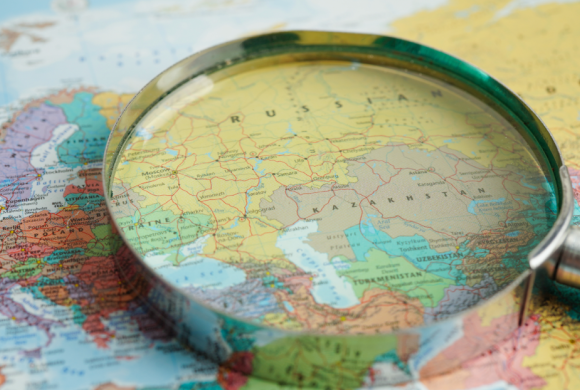Conflict compounded: Implications of the war in Ukraine on global development challenges

In February 2022 Russian forces invaded Ukraine, devastating the lives of an estimated 44 million people. Approximately 21.2 million people, mostly women and children, have crossed the border and fled to neighboring countriesOpens external.
With many countries actively or indirectly involved, this conflict can be considered a gamechanger, with far-reaching global consequences.
This event, the fourth episode of Research InSightS LIVE, will explore the compounding effects of the war in Ukraine on global development challenges. Our moderator, Adinda CeelenOpens external (Research Communication Advisor & Knowledge Broker), will lead a discussion with our speakers who look into this issue from different lenses:
- What is the impact of the war on the liberal international order?
- How does this war affect the political and economic survival of vulnerable countries in the global south, like for instance Sri Lanka?
- What are the current and longer-term implications for global development, including food (in)security?
- How does this war impact the work of organizations involved in humanitarian work or development both internationally and on the ground?
Speakers
- Dr Oane Visser (ISS) – Based on his long-term research in Russia and Ukraine and on global food politics, Oane Visser looks at the current and longer-term implications of the war in Ukraine for global food (in)security and development. He situates this in the increased geopolitical fragmentation (including of international agencies, and 'global' value chains), the long-standing vulnerabilities of the global food system (such as excessive corporate concentration and speculation) and recent vulnerabilities due to climate change, and indebtedness exaggerated by the covid19 pandemic.
- Dr Shyamika Jayasundara-Smits (ISS) – Drawing on her past and ongoing research on impact of armed conflicts and war economies on post-war transitions, Shyamika Jayasundara-Smits will focus on how the ongoing war in Ukraine is affecting political and economic survival and foreign policy choices of small states in the Indian ocean region. She will focus on Sri Lanka, a small island nation in the Indian ocean to show how Russia's war in Ukraine is being felt by Sri Lanka; that is caught up in a twin crisis of economic-political in the post-pandemic period, that is also caught up in the midst of militarised power play of global and regional powers that are competing to control and dominate the Indian ocean region.
- Professor Wil Hout (ISS) – Wil Hout will focus on the international ramifications of the war in Ukraine, in particular for the operation of the so-called liberal international order. The liberal order that came into being at the end of World War II is a rules-based order in which multilateral institutions have been playing a central role. The Russian invasion of Ukraine should not only be understood as an attempt to rearrange the geopolitical order in Eastern Europe, but needs to be assessed also as an attack on the fundamental principles governing the post-war international order.
- Rajin Alqallih-van der ZijdeOpens external (PAX) – While the war in Ukraine is dominating daily news, there are currently 26 other ongoing conflicts in the world, including the war in Yemen which has been raging for almost a decade. Rajin Alqallih-van der Zijde will speak about the effects of the war in Ukraine on the work of humanitarian and development organizations in Yemen.
Programme
16:30 walk-in
17:00 – 18:30 event
18:30-19:30 drinks



